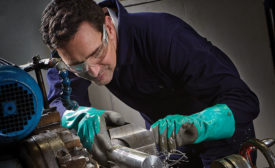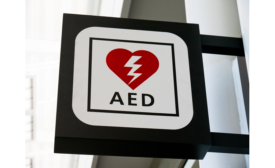Home » first aid
Articles Tagged with ''first aid''
Never miss the latest news and trends driving the safety industry
eNewsletter | Website | eMagazine
JOIN TODAYCopyright ©2024. All Rights Reserved BNP Media.
Design, CMS, Hosting & Web Development :: ePublishing







